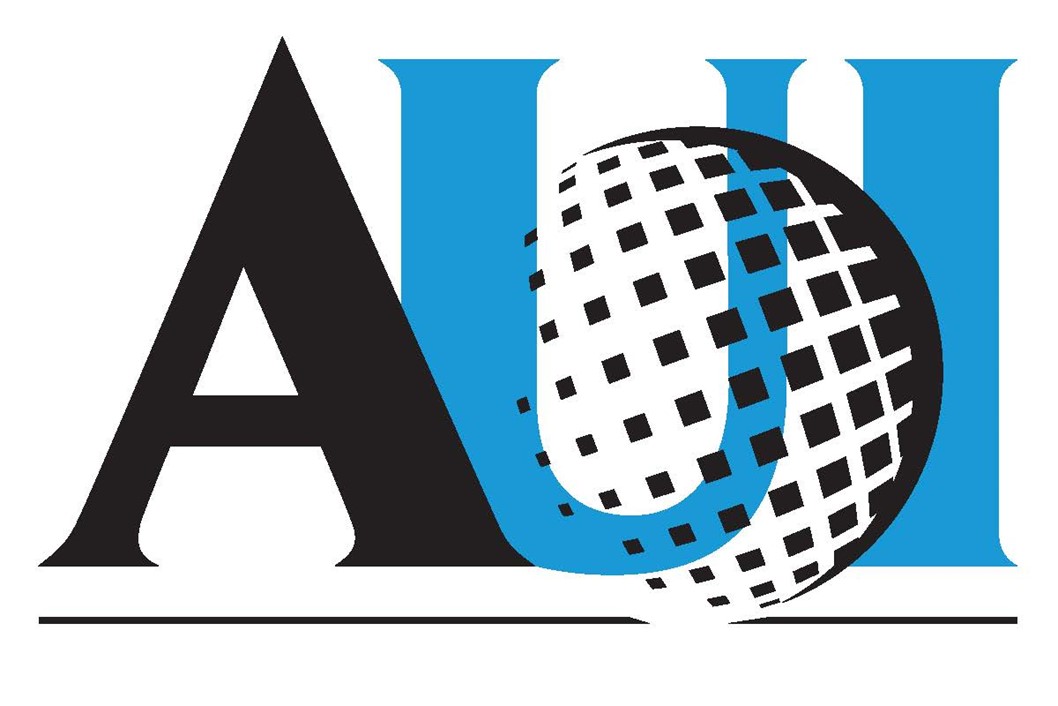Peering back in time, around 12 billion years, astronomers using the Atacama Large Millimeter/submillimeter Array (ALMA) have found the most distant and direct evidence of scorching gas in a forming galaxy cluster, SPT2349-56. The hot plasma, seen when the Universe was just 1.4 billion years old, is far hotter and more pressurized than current theories predicted for such an early system.
Recent News
Cosmic Lens Reveals Hyperactive Cradle of Future Galaxy Cluster
Astronomers using the U.S. National Science Foundation Very Large Array (NSF VLA) and the Atacama Large Millimeter/submillimeter Array (ALMA) have discovered a rare protocluster that was exceptionally bright, all when the Universe was 11 billion years younger. The system, called PJ0846+15 (J0846), is the first strongly lensed protocluster core discovered, revealing how some of the most massive galaxy clusters in the present-day Universe began their lives.
Stars That Die Off the Beaten Path
Astronomers have created a detailed forecast of where they expect to observe future stellar explosions in a nearby galaxy, opening a new window into how exploding stars shape the cosmos.
Exploring How STEM Identities are Formed

Together, the “¡OYE Tumble!” team will engage youth, families and community leaders in the co-design of culturally situated, Spanish-language, STEM podcast episodes, and generate knowledge about podcast listening habits of Latine families with children between the ages of five and nine.
‘¡OYE Tumble!’ Brings STEM to a Greater Audience through New Bilingual Podcast Series
What do you want to be when you grow up? Research suggests that STEM identities can be strengthened through “science talk” at an early age. Through funding from the U.S. National Science Foundation (NSF), Associated Universities Inc. (AUI), Tumble Media and the STEM Transformation Institute at Florida International University (FIU) are collaborating to support the STEM identity and literacy development of regionally and culturally diverse Latine families through podcast-initiated science talk at home. Seventeen episodes will be recorded for this project in Spanish and English.
Together, the team will engage youth, families and community leaders in the co-design of culturally situated, Spanish-language, STEM podcast episodes, and generate knowledge about podcast listening habits of Latine families with children between the ages of five and nine. With this data, they will contribute foundational research on how Latine families could leverage podcasts to support their children’s STEM identity through family science talk. Over 100 Latine families representing the regional and cultural diversity of Latine communities in the United States will participate as designers, shaping the project’s model of culturally sustaining podcast episode production.
“Podcasts offer an easily accessible, free option for families to talk about STEM at home and on the go,” said Sara Robberson Lentz, a STEM education officer at AUI and co-founder of Tumble Media. “Though afterschool programs, science camps and museums are a great way to engage children with STEM and begin to cultivate their identities as scientists, these activities can be costly and difficult to access for many families, including those in which English is not their first language.”
“Family plays a major role in children’s learning about who they want to be when they grow up—we want to study how podcasts can be leveraged to inspire a new generation of Latine STEM professionals,” said Dr. Remy Dou, associate professor for the STEM Transformation Institute at Florida International University. “‘¡OYE Tumble!’ will expand our understanding of what are the culturally-situated values, contexts, topics and goals that Latine families want to hear featured in STEM related podcasts, and how these add to deeper engagement and family conversations.”
The project will develop youth STEM podcasts that reflect the richness and diversity of Latine cultures, including their language, habits, values and experiences, to promote culturally situated STEM identities through family conversations. Research conducted as part of this project would establish a foundation for understanding how culturally situated STEM podcasts support youth identity development through family conversations, and how family interactions prompted by STEM podcasts support children’s STEM participation.
Recent News
New Discovery Challenges Evolution of Galaxy Clusters
Peering back in time, around 12 billion years, astronomers using the Atacama Large Millimeter/submillimeter Array (ALMA) have found the most distant and direct evidence of scorching gas in a forming galaxy cluster, SPT2349-56. The hot plasma, seen when the Universe was just 1.4 billion years old, is far hotter and more pressurized than current theories predicted for such an early system.
Cosmic Lens Reveals Hyperactive Cradle of Future Galaxy Cluster
Astronomers using the U.S. National Science Foundation Very Large Array (NSF VLA) and the Atacama Large Millimeter/submillimeter Array (ALMA) have discovered a rare protocluster that was exceptionally bright, all when the Universe was 11 billion years younger. The system, called PJ0846+15 (J0846), is the first strongly lensed protocluster core discovered, revealing how some of the most massive galaxy clusters in the present-day Universe began their lives.
Stars That Die Off the Beaten Path
Astronomers have created a detailed forecast of where they expect to observe future stellar explosions in a nearby galaxy, opening a new window into how exploding stars shape the cosmos.
